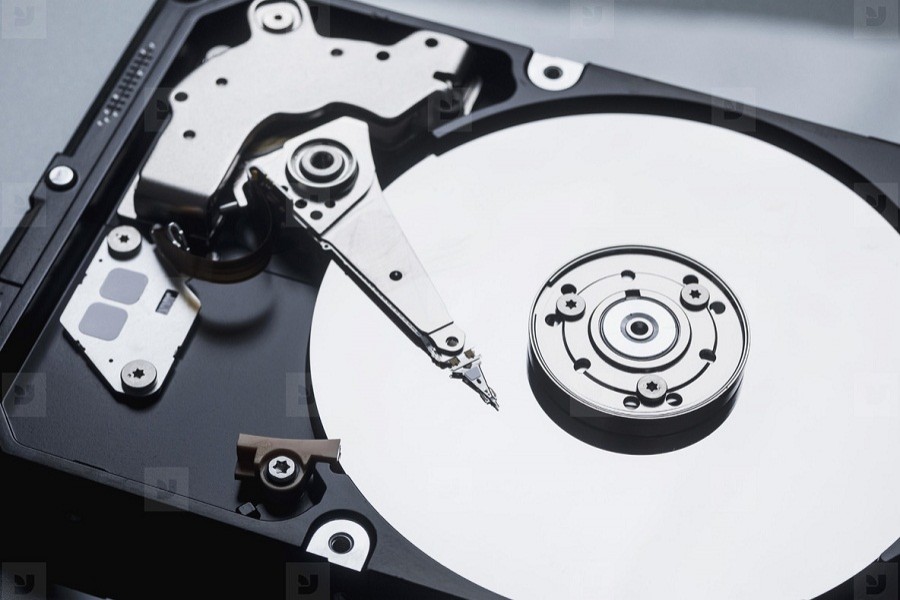
Published :
Updated :

Consider all of the data on your hard disk to be a pile of laundry. There are various colours and clothing items, and then they all get muddled up in the wash. Your clothes are all there, but they've been jumbled up and taking up a lot of room.
This is analogous to what eventually occurs to the data on your hard drive. Everything gets shuffled around and divided (or fractured), making your computer work harder to locate everything it requires.
When you're done with your laundry, you normally sort it into neat piles so it can be put back in your closet or drawer. Your computer does something similar when you 'defrag' the hard disk.
It reorganises all of your data so that it can discover items quickly and make the most out of storage space.
Why ‘defrag’ your hard drive?
Defragmenting your computer can help you solve and avoid a variety of issues. Not defragging your hard disk on a regular basis may cause your pc/laptop to run slowly and/or take a lot of time to boot up. Your computer may stop or just not run at all if the hard disk becomes too fragmented.
If you are using an SSD, then you don’t need to defrag your hard disk. But if you are running an old system with an old hard disk, it is likely that your computer has slowed down quite a bit since the time of its purchase.
Defragmentation can save you the money of buying an SSD to speed up your system if you are running a bit short on the budget.
How to defrag your hard drive
1. Type 'defragment' into the Start menu's bar, then choose Defragment and Optimize Drives.

2. The menu for Optimize Drives will appear on display. It will tell you the number of times your hard drive will be defragged. If you wish to change how often your hard disk will be defragged, use the settings option on the right to change the scheduling parameters.

3. If your hard disk is not being defragmented automatically, you can perform manual defragmentation. After selecting the drive to defrag, click the Optimize option. Because defragmentation can require a lot of time, you might want to leave it running overnight or when you're not using your computer.

Note: While it is a better practice to not run any other program while hard disk defragmentation is underway, high-spec and latest computers can take the load and run the defragmentation in the background and you can run other programs just fine. You can also run defragmentation manually by selecting single drives to reduce the load.
kabir.cirrus@gmail.com


 For all latest news, follow The Financial Express Google News channel.
For all latest news, follow The Financial Express Google News channel.